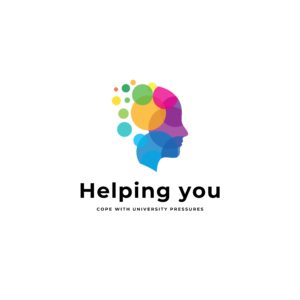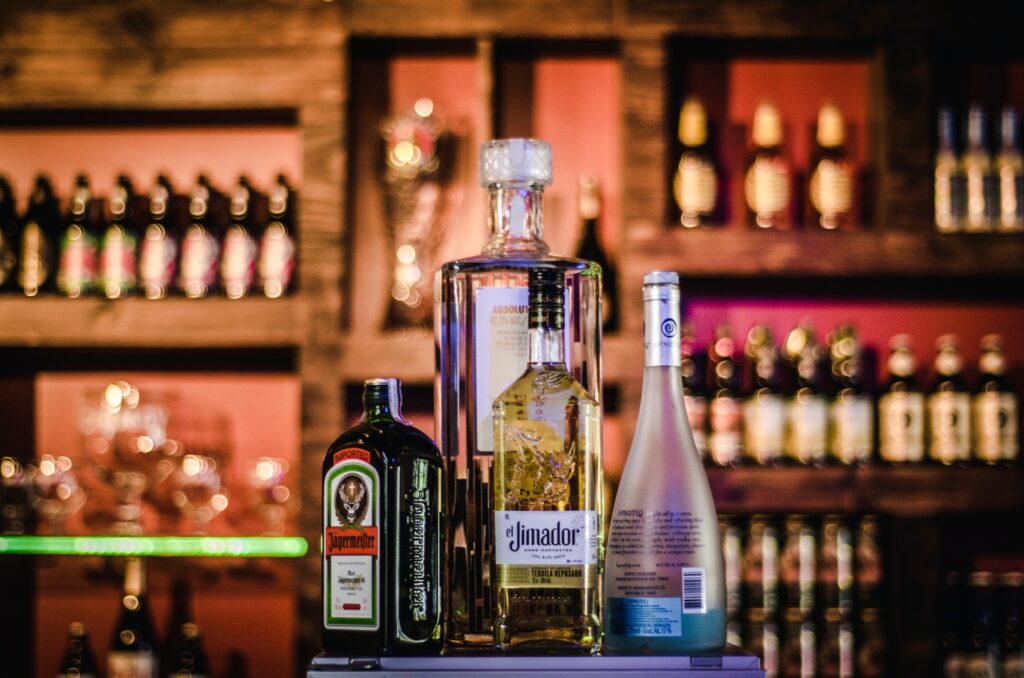Alcohol is a social lubricant meaning that it helps many feel comfortable and it stimulates social interactions. Going to university is exciting and often means leaving and more freedom. It means letting the hair down, mingling with others from all walks of life, people you don’t think you have anything in common with. There’s pressure to make friendships both in halls where you share the apartment and in class where you have to do group work etc.
The pressures of university can be high; therefore, socializing is a way to unwind, and this is where Alcohol comes into play. If drunk sensibly it can be an enjoyable activity without too many ill effects. However, things can get out of hand without you noticing.
Many brag about how much they drink while also being able to do regular things.
I’ve heard many bragging about being able to drive properly while drunk. And so many lives are lost because of it.
Many downplay the effects of alcohol as they don’t properly understand its dangers.
Alcohol as a danger
“Alcohol is a dangerous drug that our culture pretends is merely a social tool for fun”.
The danger is that students may think they are addicted to the social activity of drinking but have no idea that they cannot pass a week/weekend without drinking meaning that they are dependent on it.
Alcohol is a trick disguised as a treat.
Many may think that alcohol is helping their Anxiety when all it’s doing is worsening both the anxiety and their general mental health.
Regarding Mental illnesses, substance use disorders are very real and less spoken about. Alcohol addiction is part of a disorder itself (DSM-IV Alcohol Use Disorder) and in general, can worsen one’s anxiety and/or depression.
It is a depressant so binge drinking can trigger symptoms of depression
Dangers of Alcohol
- Blackouts are often associated with alcohol especially those who drinking much and quickly, or on an empty stomach.
- Anger It induces rage
- Different person It turns you into a totally different person
- The sickness from withdrawals causes more anxiety: headaches, dizziness, nausea, dehydration, and tiredness.
- The body takes 2 days to recover fully from a hangover which is counterproductive when you have work to do.
- Alcohol is a depressant drug and a sedative – that affects the central nervous system (brain, spinal cord) – It makes the body feel relaxed, distracts the mind from your troubles, and reduces fears
- The Brain It interferes with how the Brain communicates – makes it hard to think clearly, affects mood and behaviour, and relaxes the muscles (therefore it soothes anxiety)
- Self-medication Having a drink to calm the nerves only brings short-term relief and robs you of the opportunity to learn coping skills.
- Dependence Alcohol stays in the system for 1 – 3 hrs but with regular use, a person builds up a tolerance. So, you end up drinking more alcohol to feel the same effects.
- Long-term effects of alcohol use include – Liver damage, Cancers of the mouth, throat, and breast, Obesity, Memory loss, Alcohol addiction, Stroke, Liver disease, heart disease, and damage to the brain and nervous system.
- Alcohol is expensive while not solving problems
- Sleep It affects your sleep patterns
Signs showing for dependency on alcohol to cope with your anxiety:
– Every time you feel stressed or anxious a drink is the first solution
– Drinking alcohol is frequent and excessive
– Sometimes you will drink during the day or in the morning
– You drink to prevent a hangover or withdrawal symptoms
– You feel guilt, shame, and remorse about your drinking
Last thoughts
If any of these signs are relevant to you, please do not judge yourself because you are not alone. The fact remains that in the long run, it will enhance your anxiety because the root cause is not dealt with. Finding the root cause starts by acknowledging that you drink to feel relaxed and for escapism. Many have successfully stopped or reduced drinking so reach out for help.
Support Help
- Talk to someone – professional or one you trust as it may help with your fears and worries.
- Don’t suddenly stop drinking it’s very dangerous – the best way is to gradually reduce it.
- Relaxation methods for example meditation and yoga have been reported to be helpful
- Do one thing you enjoy each day at a time – don’t do too much at the same time.
- Prioritise sleep
- Exercise
- See your GP – They may suggest antidepressants and benzodiazepines to sedate the mind
- Remember different methods often work for different people. Try one method at a time or a combination until you find what works for you.
Alcohol is not the answer it just makes you forget the question
Are you drinking too much? Take the 2-minute quiz with REFRAME
Take the Quiz to test your knowledge about Alcohol DRINKiQ quiz


This is a really important post thank you for bringing up this topic. It’s definitely hard as a student to understand balance and also the consequences. It’s a learning process and one thing that can even help is remembering that you don’t have to drink just because everyone else is. You can order a juice and no one knows that’s what it is if you’re worried that people will ask. I have many friends who don’t drink at all and that’s what they do to avoid weird questions. It’s important to stay present this is a helpful post. Thanks for sharing!
Thank you very much for your comments
When I was at university, I avoided drinking alcohol because I didn’t want to experience any of the negative effects. This post is helpful for those that do drink and for them to know the signs of when they should seek help.
Thanks very much for feedback, very appreciated and glad you found it useful
Great article and I read a lot of myself in the points you mentioned as to why you want to drink or feel the need to. The social pressure of fitting in and showing off, was definitely there. I’ve also experienced most of the negatives, from black-outs, to depression, the recovery time went from one day to three or more. I’ve now decided not to drink anymore. Because of the reason above and because I always lose control when I drink. And to be honest, I don’t really like it or do it when I’m alone. It’s the social pressure that got to me. Now I’m resisting it, but it isn’t always easy. That’s why I think Alcohol is one of the most dangerous stimuli there is. There is almost no escaping it.
Thanks so much for sharing that, very appreciated. And yes I can’t imagine it being an easy thing, it takes time and it’s a good feeling when you abstain and start seeing the difference in yourself.